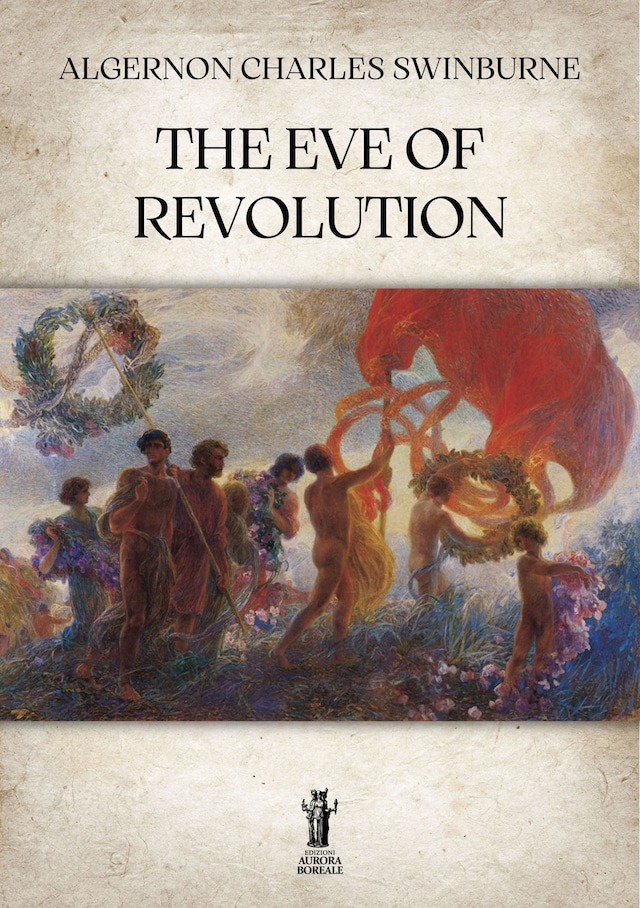
The Eve of Revolution
Descrizione del libro
Algernon Charles Swinburne (1837-1909) was a British poet, writer and playwright of the Victorian era.
Active in the aesthetic circle, romantic and then decadent, he met Oscar Wilde and other famous intellectuals and artists of the same environment, attending the Pre-Raphaelite Brotherhood and becoming a friend of the poet, artist and initiate Dante Gabriel Rossetti. Eccentric personality, with a strong taste for artistic provocation, inspired by writers such as the Marquis de Sade, Percy Bysshe Shelley and Charles Baudelaire, his poetry was very controversial, due to its themes (sadomasochism, suicide, lesbianism, irreligiosity); his lyrics are also characterized by original versification solutions, by the cult of paganism and the idealized Middle Ages, and of absolute freedom. From 1903 to 1909 he was nominated for the Nobel Prize for Literature. With Alfred Edward Housman, Robert Browning, Alfred Tennyson, Ernest Dowson and William Butler Yeats, he is considered one of the most representative lyric poets of Victorian literature. He died in Putney (London) on April 10, 1909.
Swinburne’s literary output is vast and includes poems, plays, songs, novels, short stories and essays on literary criticism.
The poem The Eve of Revolution was included in 1871 by Swinburne in one of his finest collections of poetry, Songs before Sunrise, dedicated to the Italian revolutionary and Freemason Giuseppe Mazzini; a collection based on his pagan and pantheistic ideals and on the revolutionary spirit of that time, a devoted and warm homage to Italy and the Mediterranean, with references to ancient mythology and the national independence of peoples.
In those years, the whole of Europe was in turmoil and a new revolutionary spirit hovered everywhere which would lead to the end of many despotisms and to the independence and sovereignty of the peoples. Swinburne felt emotionally involved in this revolutionary spirit and hoped for the advent of a new era of freedom and social progress.
 Algernon Charles Swinburne
Algernon Charles Swinburne 12 Pagine
12 PagineCategorie:
Formato:
Lingue:
Inglese